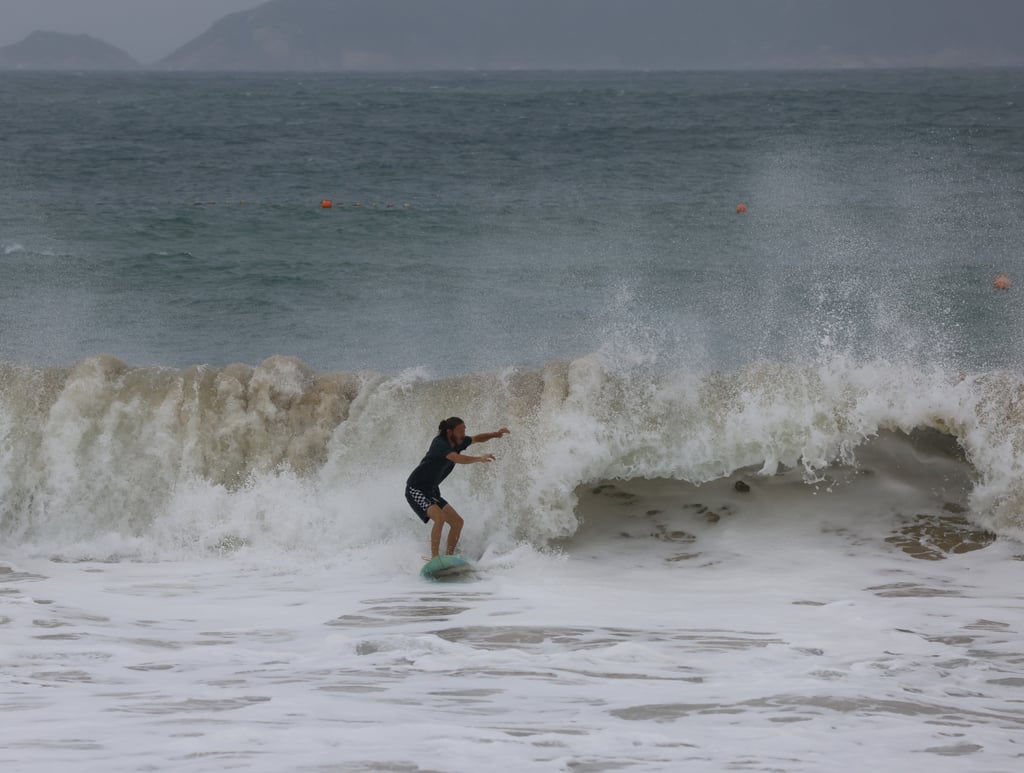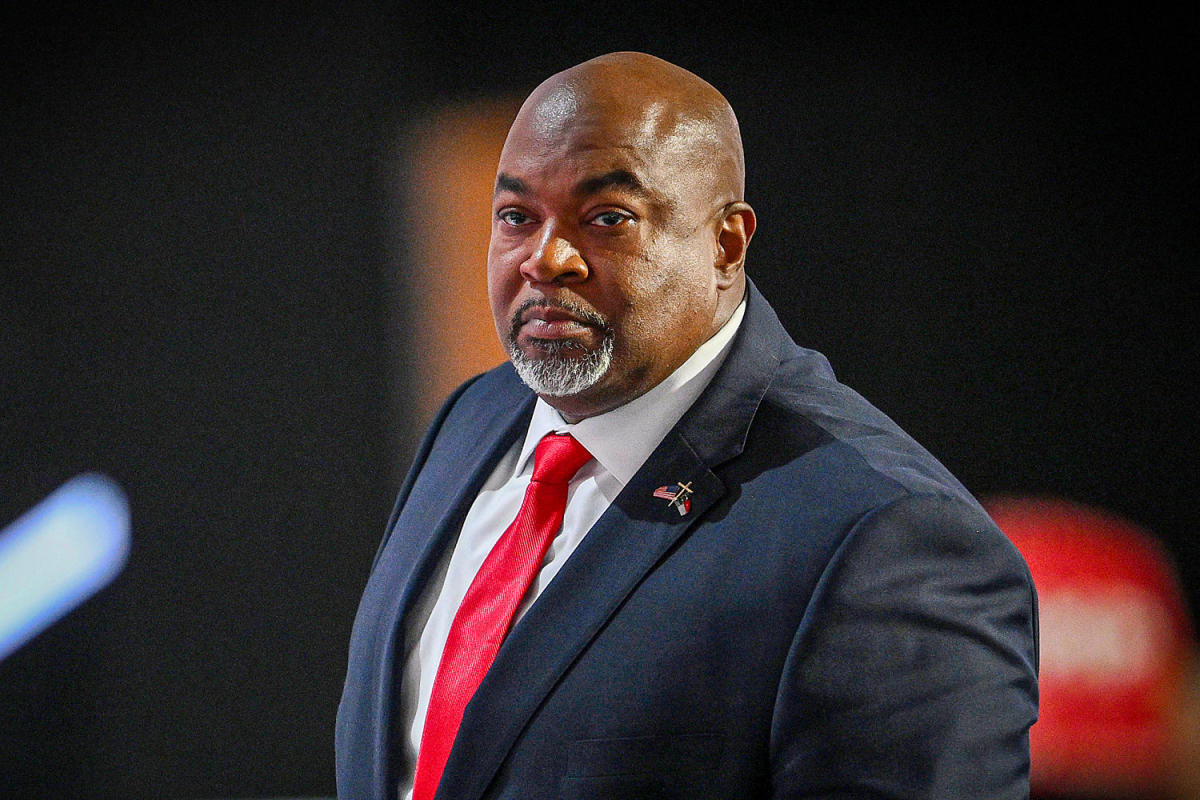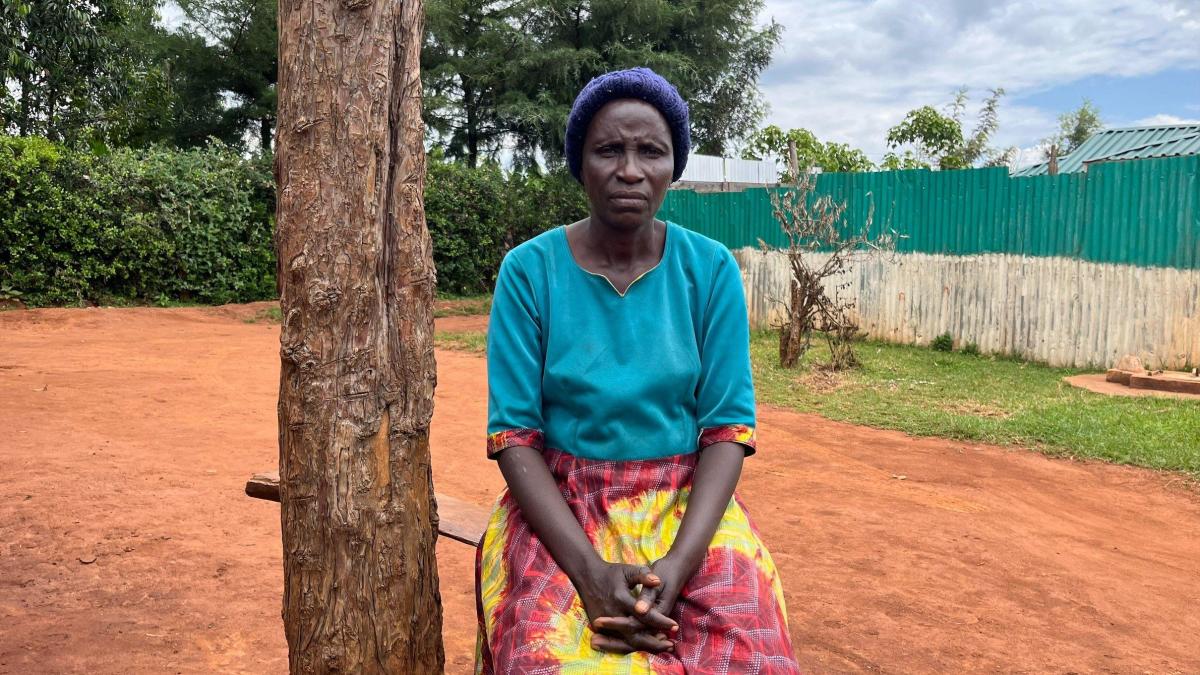Teenager Yang Siqi will make history on Saturday when she becomes the first surfer to represent China at an Olympics, but experts warned Hong Kong’s chances of sending an athlete to any future Games were a pipe dream.
The sport made its debut at the Tokyo Olympics in 2021 and at this year’s Paris Games it will be contested in Tahiti. Alongside China, Hong Kong’s neighbours Japan and Indonesia have sent a total of five athletes to compete in the men’s and women’s shortboard.
But despite having 42 beaches managed by the Leisure and Cultural Services Department (LCSD), not only does Hong Kong not have any professional surfers, officials said they were struggling to promote the sport.
“We, as the official organisation to promote the sport are struggling to do so, it feels like [it is illegal] to host the Olympic sport where it’s convenient to people, [like] Big Wave Bay,” a spokesman for the Hong Kong Surf and Stand Up Paddle Association said.
Big Wave Bay is the only location on Hong Kong Island with access to waves suitable for surfing. However, the sport is banned on public beaches and those who break the rules could be fined HK$2,000 and face 14 days imprisonment.
In response to a request for a comment, an LCSD spokesman largely repeated the ordinance dealing with the ban, and said it was in place to protect swimmers.
Elsewhere in the city, only two other locations are considered suitable for surfing; Tai Long Wan in Sai Kung during the winter, and Pui O Beach on Lantau Island in the summer.
Ian Brownlee, an adviser to the Hong Kong Water Sports Council and a town planner, said there was a lack of facilities and no clear pathway to a competitive level for aspiring surfers, and the ban at beaches did not help.
“Hong Kong doesn’t have enough facilities for getting people up to a competitive level [in a lot of sports] and into the Hong Kong Sports Institute, and surfing would definitely be one of those sports,” he said.
“Big Wave Bay is one of the only beaches [where people can surf]. So how can you accommodate that beach in a different way for both swimmers and surfers?”
Brownlee believes that to cultivate a surfing culture in Hong Kong, while also taking safety into account, specific parts of suitable beaches could be used as designated surf areas.
Francesco Suarez was one of the original founding members of a now disbanded surfing association that brought an international competition – the Quiksilver Hong Kong Surfing Cup – to the city in the late 1990s.

“The surfing conditions in Hong Kong are clearly not as good as other places in the world, like Bali or Japan, but they are good enough to produce a good calibre of surfer,” he said.
Suarez gave the example of Hong Kong’s windsurfing team, who will go to Paris but spend most of their time training in Europe.
“There is the potential for that in Hong Kong in surfing,” he said. “In 1998 we sent a competitor to the youth world championships.”
Joey Chan, 28, is a chef who has been surfing in Hong Kong for more than 10 years. He said he frequently travelled to mainland China and Bali Island for his surf trips because of the effort they put into promoting the sport.
“Surfing is a big thing in China right now, China have just had a woman qualify for the Olympics, they are really promoting it, but I don’t get why in Hong Kong surfing has this bad image,” Chan said.

Sarah Wilson is your guide to the latest trends, viral sensations, and internet phenomena. With a finger on the pulse of digital culture, she explores what’s trending across social media and pop culture, keeping readers in the know about the latest online sensations.








